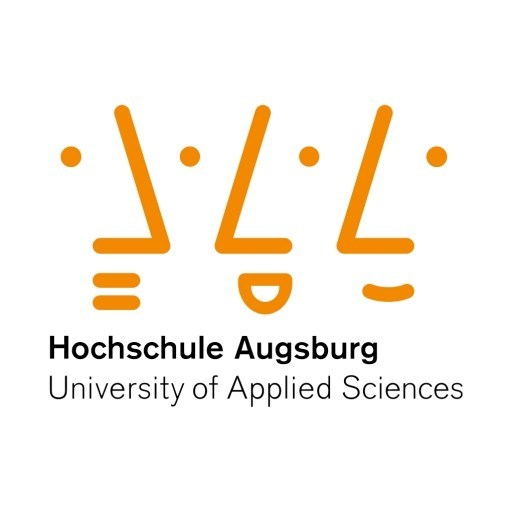Photos of university
The Master of Science in Finance at Ulm University offers a comprehensive and rigorous academic program designed to prepare students for the dynamic world of financial markets and institutions. The program combines theoretical foundations with practical applications, aiming to equip graduates with the essential skills and knowledge necessary for successful careers in finance, banking, asset management, and related fields. Students will delve into core topics such as corporate finance, investment analysis, financial markets, risk management, and financial econometrics. The curriculum emphasizes quantitative methods and analytical techniques, enabling students to model and interpret complex financial data effectively. Ulm University’s faculty comprises experienced researchers and practitioners who bring real-world insights into the classroom, fostering an environment of interactive learning and critical thinking. The program also offers opportunities for specialization through elective modules, allowing students to focus on areas such as financial technology (FinTech), sustainable finance, or international financial markets. Throughout their studies, students will engage in practical projects, case studies, and internships that facilitate the application of theoretical concepts to real-world challenges. The program's strong emphasis on research and quantitative skills prepares graduates for careers in financial analysis, advisory services, and financial regulation, or for pursuing doctoral studies. The university’s strategic location and extensive network with financial institutions provide students with valuable networking opportunities and access to industry events. Graduates from the Master of Science in Finance at Ulm University will be well-positioned to contribute to the evolving financial landscape with innovative solutions and a global perspective. The program is designed to be completed within two years, fostering rigorous academic development while supporting students’ professional growth and career ambitions.
Educational organisation
The programme should be completed in two years, i.e., four semesters. Winter semesters last from October to February; summer semesters from April to July. The programme starts with compulsory courses in Financial Mathematics and Asset Pricing. Other compulsory courses include Practical Financial Engineering, which is designed to practice the implementation of modern financial techniques, and seminars, in which you will write and present papers and thereby prepare for the Master's thesis.After the first semester, students can decide whether to major in financial mathematics, financial economics or actuarial science. Depending on the chosen major, the focus of the optional courses to be taken in the second and third semester will be on courses from the chosen area of specialisation.
Study abroad unit(s)
Through various exchange programmes, students can spend one semester at a university outside Germany.Internships
No internships are required. However, students can do internships during the semester breaks.Forms of assessment
Each lecture course concludes with a written exam. Oral exams are possible, if the examiner so chooses. In seminars and practical financial engineering courses, the students are required to give an oral presentation and provide a hand-out. The Master's thesis is judged based on performance during the research period and the written thesis. Altogether, the programme consists of 120 credit points (according to ECTS): 90 credits for the coursework and 30 for the Master's thesis.Course objectives
- Ability to solve practical problems in financial institutions with the help of modern techniques and theories from financial mathematics and financial economics
- Ability to conduct research on a high level








